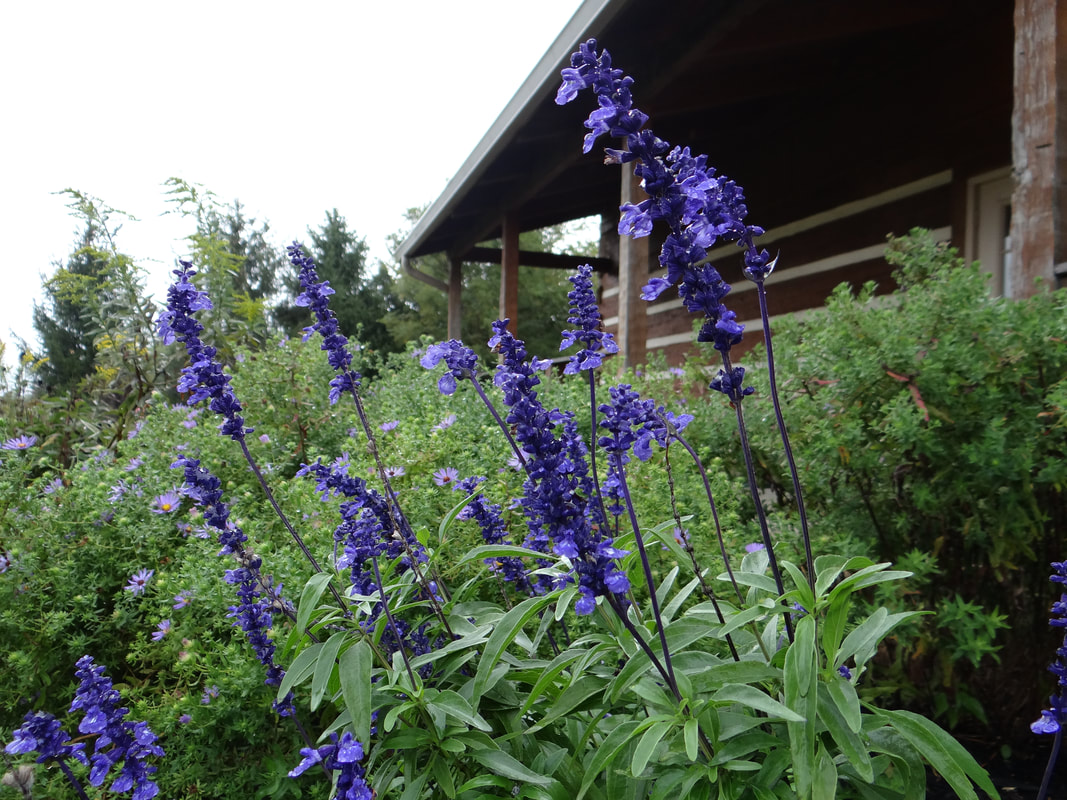|
April showers bring May flowers, and now is the time to start thinking about getting your soil tested! Getting your soil tested helps you find out what your lawn and garden needs and ensures that you are not over fertilizing or hurting your plants. Over fertilizing means you are putting more nutrients into your soil than your plant needs to survive. So instead of being used, the nutrients get carried away by runoff and cause pollution problems in lakes, streams, and even groundwater.
Did you know that the major cause of algae blooms is too many nutrients in the water? We all have a responsibility to help reduce the likelihood of harmful algal blooms in places like the Little Miami River, Caesar's Creek Lake, Landon Lake, and other ponds, lakes, and streams in our community. Before you head out to shop for your outdoor landscape this spring, consider purchasing a soil test from us here at the Soil & Water Conservation District. Or, if you have a lawn service, make sure they conduct a soil test before adding anything to your lawn. Warren Co SWCD sells soil test kits - find out more here: https://www.warrenswcd.com/soil-testing.html Some of the questions we often get are listed below: How do I take a soil sample?
What does it test for? Your soil test will determine the soil nutrient levels for pH, Phosphours (P), Potassium (K), and Magnesium (Mg). The test will also let you know if you are below optimum, optimum, or above optimum for each of these nutrients. You will also get information on Calcium and the Cationic Exchange Capacity (CEC). Soils with a high CEC will remain fertile over a longer period of time, requiring fewer fertilizer applications. Soil pH will determine the way nutrients are made available to the plants. Why doesn't it test for Nitrogen? Nitrogen moves quickly through the soil, and some forms dissolve easily in water and are carried away with runoff. By the time your soil sample reaches the lab and they analyze it, the level of nitrogen is no longer what it was when you took the sample so the reported number would not be accurate. However, you will receive information on nutrient needs for Nitrogen, Phosphate, and Potassium based on your test results. Why should I test for organic matter? Generally, soil is made up of 45% minerals (rocks), 25% water, 25% air and 5% organic matter. The organic matter is the decomposing plant and animal material inside your soil and will range anywhere from 1-6% of the soil composition. Organic matter is very important to plant nutrition. Organic matter results in less soil compaction, allowing more air to pass through and increased water storage. Recommendations:
When will I receive my test results? You will receive an email with your results within 10 days after your sample is received by the lab. Without an email address, the results may take slightly longer by mail. What do I do once I receive the results? Your soil test report from MSU will provide you with recommendations on nutrient needs and fertilizer options based on your test results. Make sure you provide the lab with as much information about the test area as you can so they can provide more specific options. You can also go to their website: http://www.msusoiltest.com/understand-your-soil-test/ and type in your soil test details to receive a specific fertilizer ratio for N, P, and K. Do I need to fertilize? Not necessarily. One of the best fertilizers for your soil is compost! And once you have a container, it is free to make. You can also leave your grass clippings on your lawn after you mow to provide your grass with a ready source of fertilizer and help keep moisture on your lawn. Give us a call at the OSU Extension office: 513-695-1853 or Soil and Water Conservation District at 513-695-1337 for more assistance. Happy Spring! Information for this blog post was provided by Michigan State University Extension, the Ohio State University Extension and Hamilton County Soil and Water Conservation District.
29 Comments
|
Details
Warren County SWCD Staff BlogA blog to keep you informed on all the latest news at Warren County SWCD and in the conservation world. Archives
May 2024
Categories
All
|
|
|
Contact:PHONE: (513) 695 - 1337
EMAIL: [email protected] HOURS: Monday - Friday 7:30am - 4:00pm (except holidays) Connect:Warren County Soil & Water Conservation District Copyright © 2016
Warren SWCD Privacy Notice. Emails are serviced by Constant Contact. Constant Contact's Privacy Notice. |

